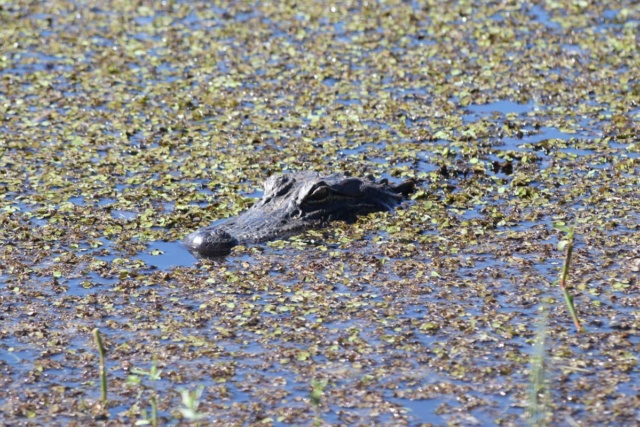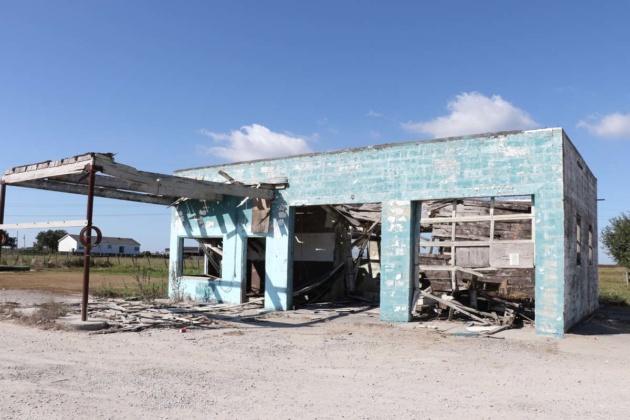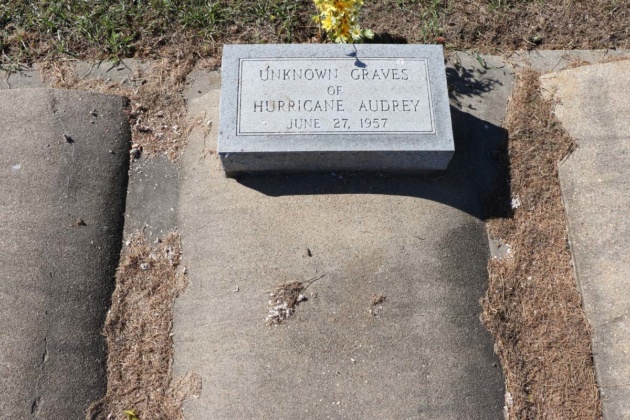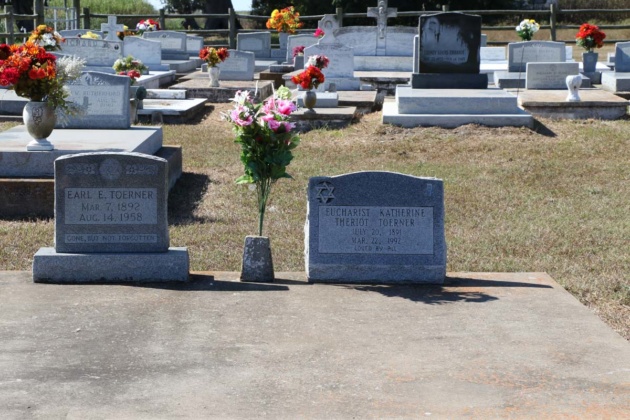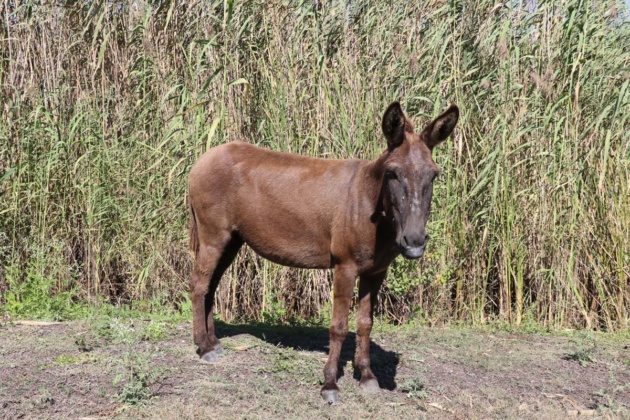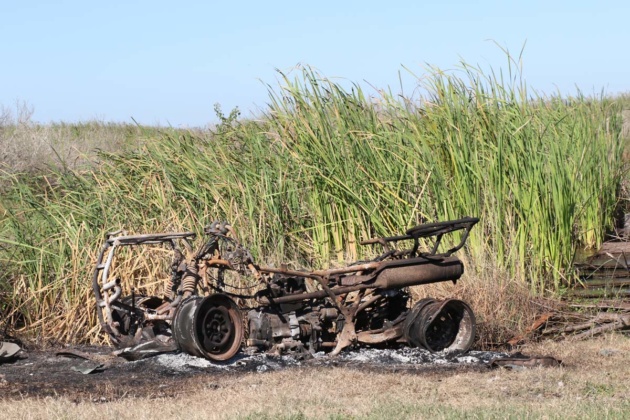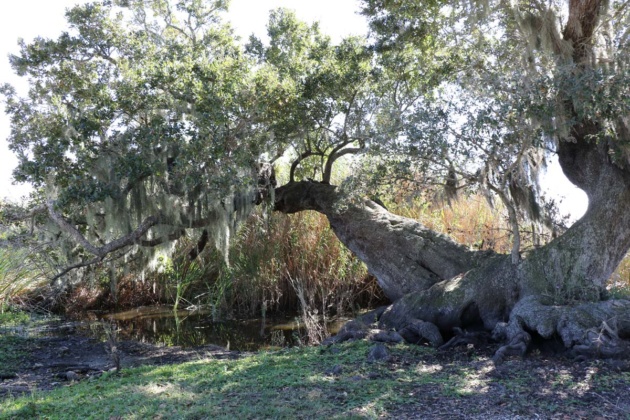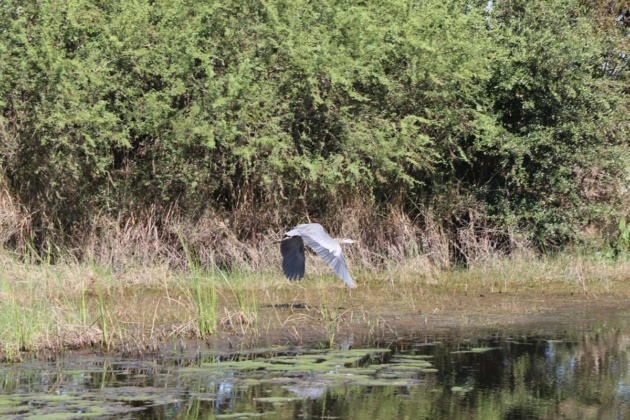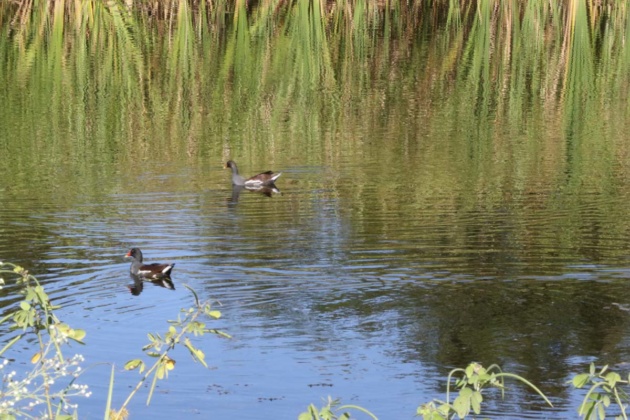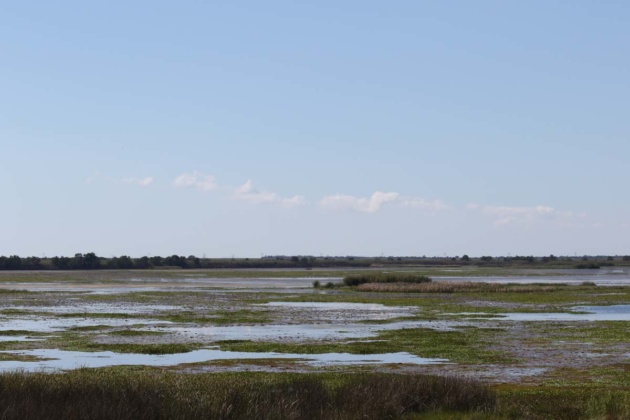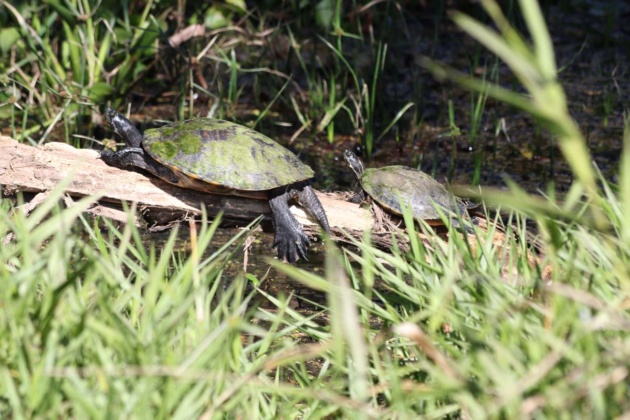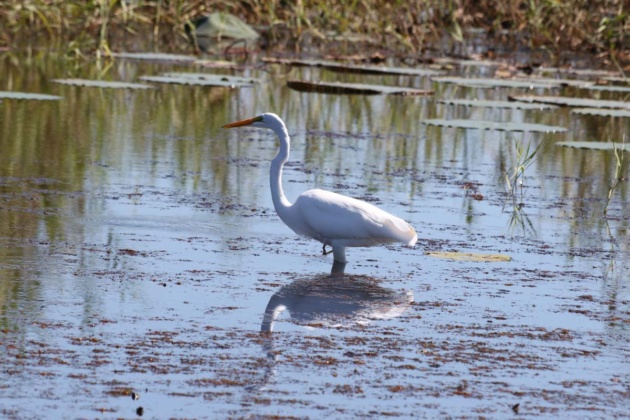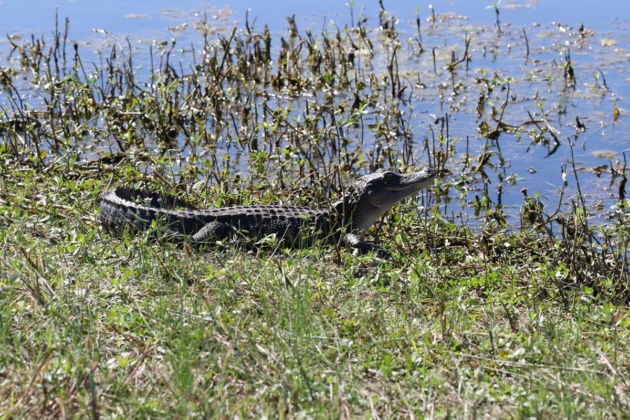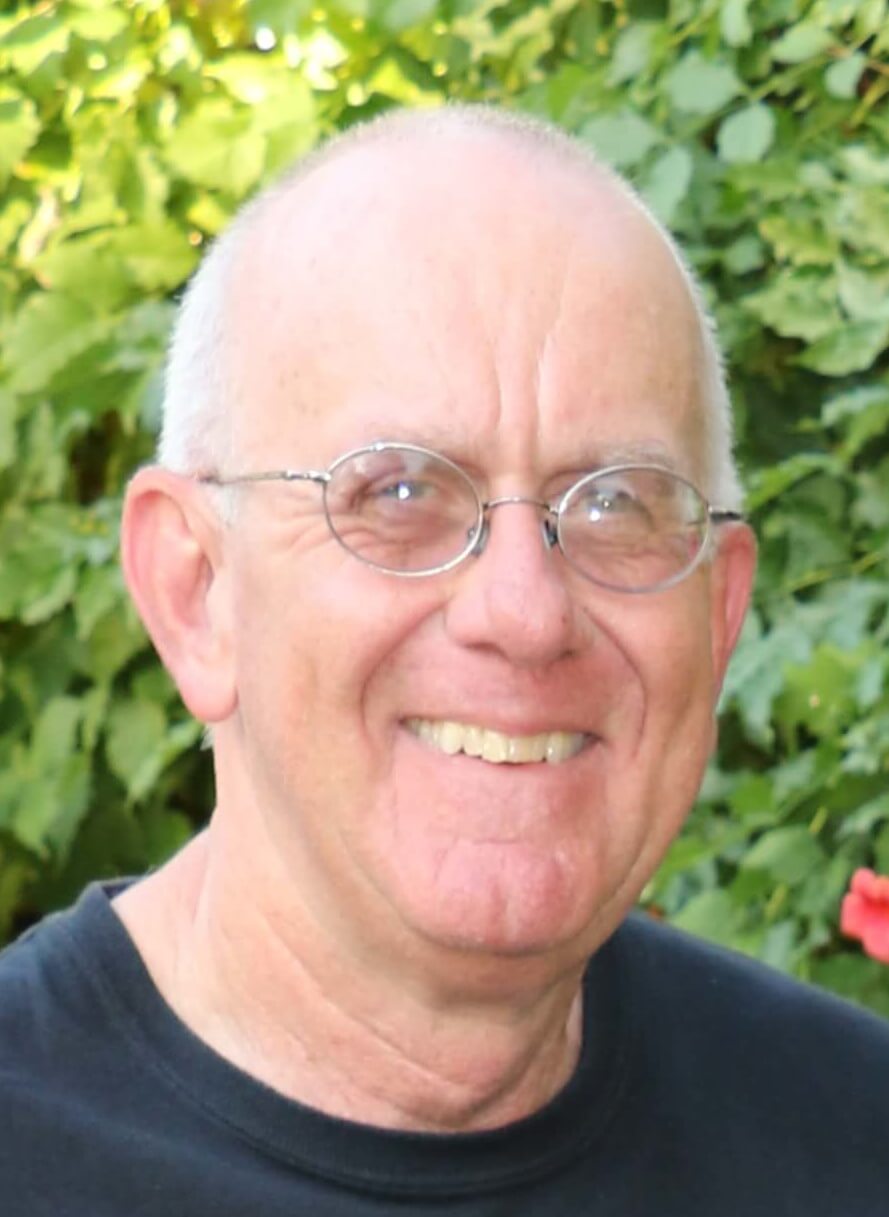
In marsh country just a few miles north of the Gulf of Mexico, Chenier Perdue Road winds, in part, through rural Cameron Parish, Louisiana. I re-named it Water Moccasin Way because one of the big black serpents slithered across our path there. My wife and I were on vacation to Lake Charles.
Our friend Jessica Hutchings, who is an administrator at nearby McNeese State University, took us to this exceptional area in late October. Although the day was bright and hot there was a macabre feeling in the wilderness. Various species of reptiles lurked in dark waters while Spanish moss hung from gnarled oaks, casting shadows like tattered curtains on the forest floor.
In a more human-friendly locale, we toured a graveyard with tombstones bearing completely unexpected Stars of David. At the same time, the anonymous graves of unidentified hurricane victims served as a reminder of the region’s unfortunate penchant for natural disasters.
Gulf coastal Louisiana is a unique part of the U.S.A. where turkey necks are sold for fishing bait from gas station freezer chests, and you can hear the French language spoken on the radio. The brutal and the beautiful exist side by side if one cares to seek out both.








